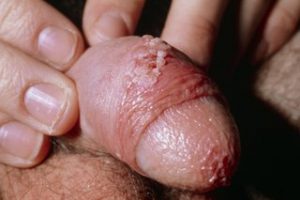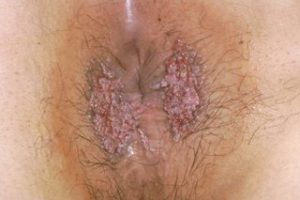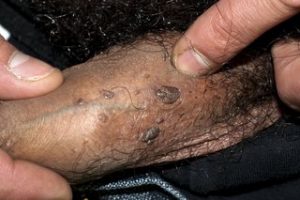Genital Warts Treatments
Genital warts is a common sexually transmitted infection (STI) passed on through vaginal, anal and, rarely, oral sex. Treatment from a sexual health clinic can help them go away.
Go to a sexual health clinic if you have:
- 1 or more painless growths or lumps around your vagina, penis or anus
- itching or bleeding from your genitals or anus
- a change to your normal flow of pee (for example, sideways) that doesn’t go away
- a sexual partner who has genital warts, even if you have no symptoms
Contact a doctor if you have 1 or more of these symptoms so you can find the cause. Treatment can help get rid of the warts and prevent the infection being passed on.
How genital warts are passed on
The genital warts virus can be passed on whether or not there are visible warts.
Many people with the virus don’t have symptoms but can still pass it on. If you have genital warts, your current sexual partners should get tested as they may have warts and not know it.
If symptoms do appear, it can happen over a year after infection.
You can get genital warts from:
- skin-to-skin contact, including vaginal and anal sex
- sharing sex toys
- rarely, oral sex
The virus can also be passed to a baby from the mother at birth, but this is rare.
You can’t get genital warts from:
- kissing
- things like towels, cutlery, cups or toilet seats
Preventing the spread of genital warts
You can prevent warts passing on by:
- using a condom every time you have vaginal, anal or oral sex – but if the virus is present in skin not protected by a condom, it can still be passed on
- not having sex while you’re having treatment for genital warts
Why genital warts come back
Genital warts are caused by a virus called human papilloma virus (HPV). There are many types of HPV.
The HPV virus can stay in your skin, and warts can develop again.
Warts may go away without treatment but this can take many months. You can still pass the virus on, and the warts may come back.
Genital warts and cancer
Genital warts are not cancer and don’t cause cancer.
The HPV vaccine offered to girls in the UK to protect against cervical cancer also protects against genital warts.
From April 2018, the HPV vaccine has also been offered to men who have sex with men (MSM), trans men and trans women who are eligible.





